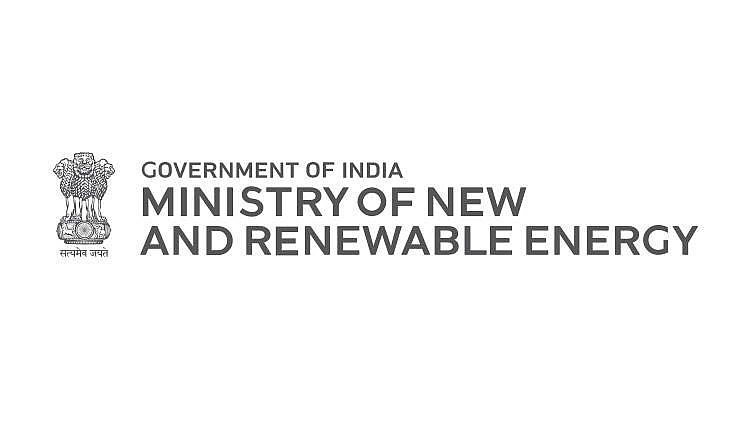On 28th May 2020, Prime Minister Narendra Modi chaired a meeting concerning the work of the Ministry of Power (MoP) and Ministry of New and Renewable Energy (MBRE). In addition, the meeting also assessed the policy initiatives including the revised Tariff Policy and the Electricity (Amendment) Bill 2020. The Bill was examined to rectify the various problems in the power sector in the nation. It includes reviewing the amendments to the National Renewable Energy Policy and assist the Prime Minister in providing valuable suggestions.
Notes from the PM
The Prime Minister examined and addressed the issues arising in the power sector. While observing these issues, the Prime minister highlighted the need for improving consumer satisfaction in tandem with increasing operational efficiency. Such issues, for instance, the electricity distribution, differ from state to state and all regions of the nation.
Hence, he advised that each Minister should devise a comprehensive and state-specific solution for the state’s individual upliftment. He also recommended every state to install an innovative model for rooftop solar in at least one city. This will establish a fully solar equipped city and solar generation. Emphasising the importance of “make in India” policy, the Prime Minister also addressed the DISCOMs i.e. Distribution Companies. He advised them to present their performance-graph regularly to disclose the fare comparisons among their peers.
For the New and Renewable Energy, he underlined the importance of a holistic approach for the supply chain of the entire agricultural sector ranging from solar water pumps to decentralised solar cold storages. The Prime Minister gave points for developing the ecosystem and manufacturing of ingots, wafers, cells and modules in India. He prompted that this would help in the creation of employment and other benefits. Moreover, he expressed his desire to expedite the carbon-neutral Ladakh plan and supplement drinking water supply in coastal areas through solar and wind energy.

